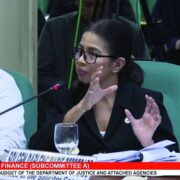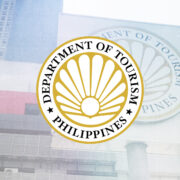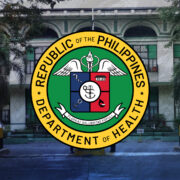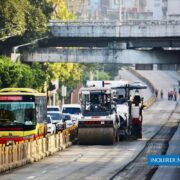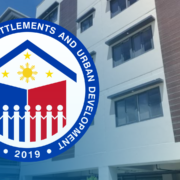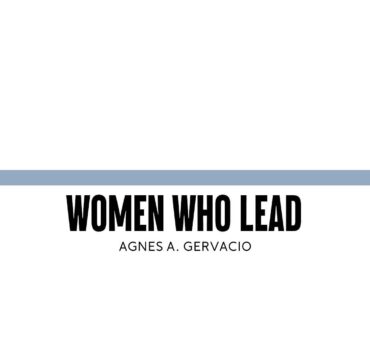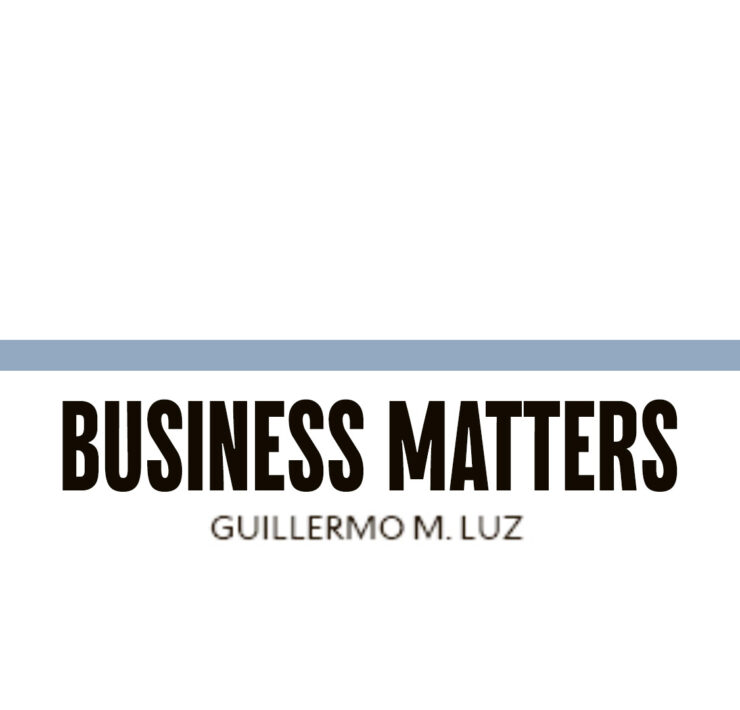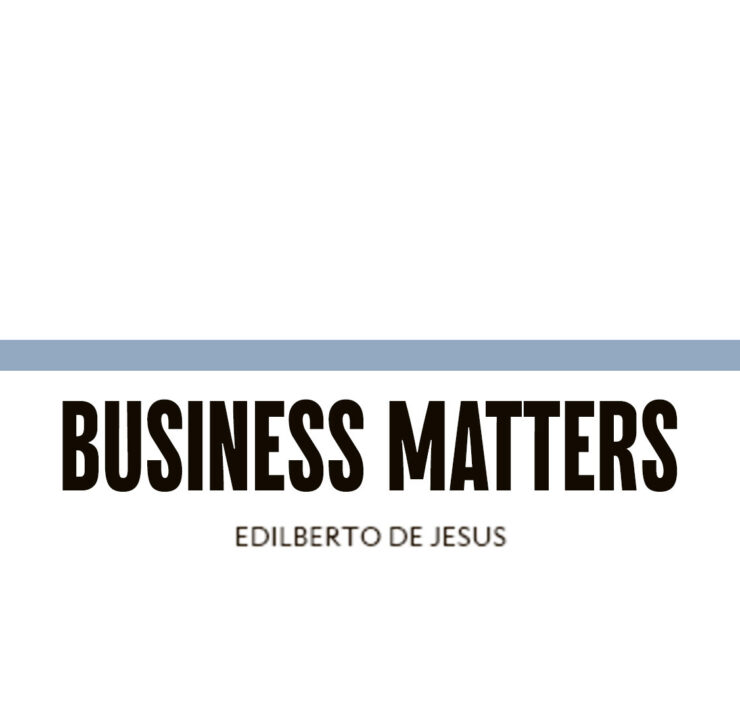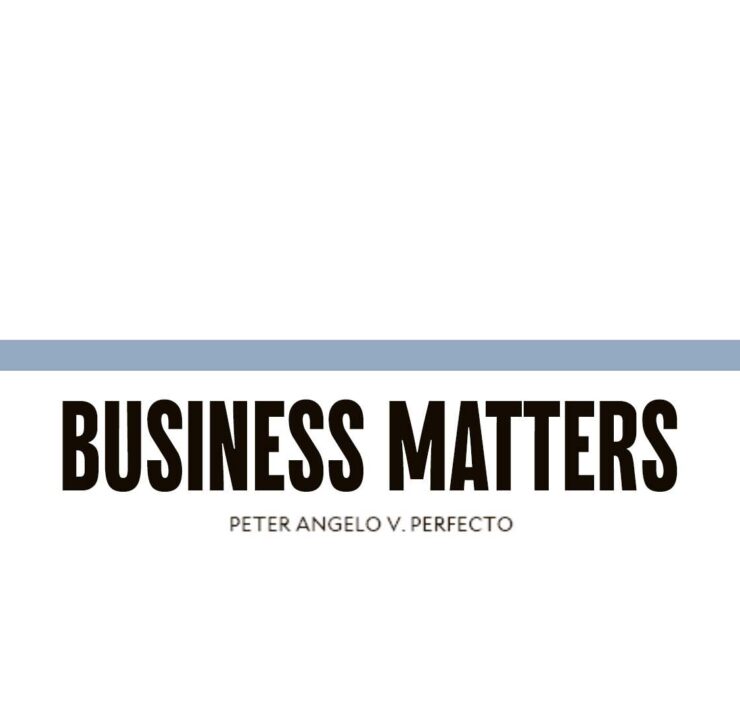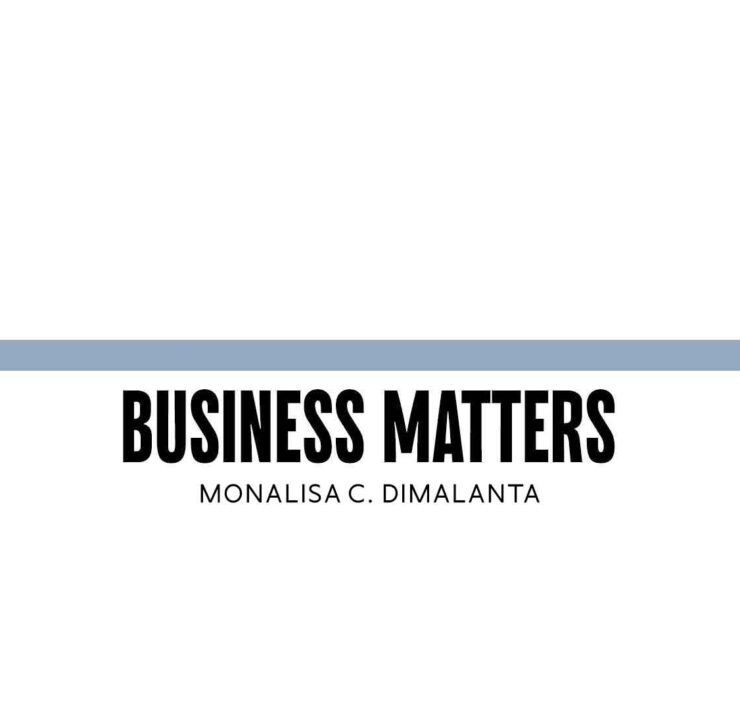Budgeting for dignity
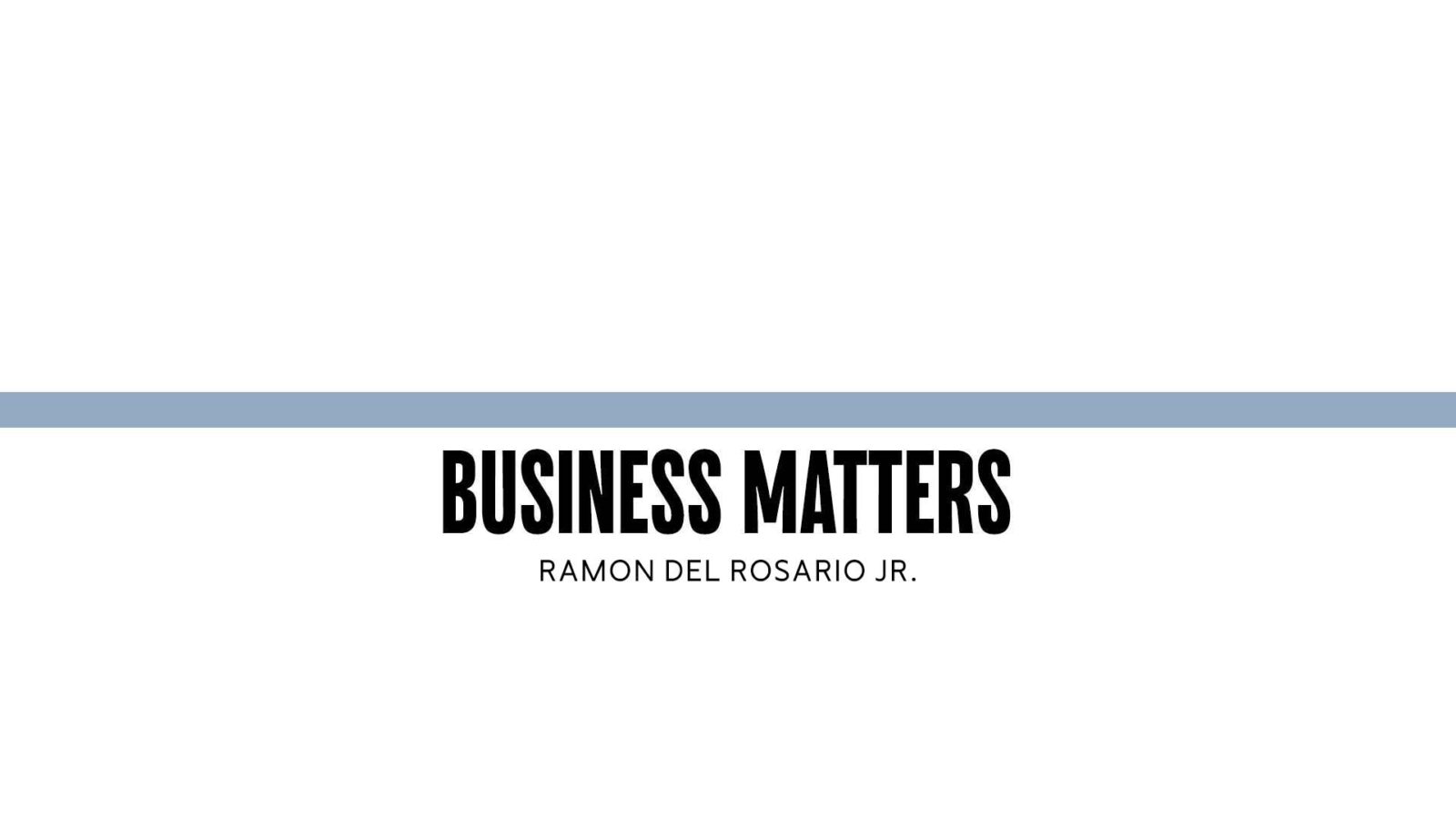
In its recently released pastoral letter, the Catholic Bishops’ Conference of the Philippines highlighted that “in the political realm, the scandalous misuse of public funds and resources; the questionable insertions, cuts, and adjustments in the national budget; and the anti-poverty programs that promote a culture of patronage and mendicancy are truly disturbing. As the elections draw near, we see how platforms of popularity, dynasty, and patronage are again exploited, making politics into a family business.”
Allow me to share with you the facts about the 2025 national budget of P6.326 trillion that ignite deep concern from our bishops.
Former Senate president Franklin Drilon estimates that over the past two budget years alone, 2024 to 2025, pork barrel funds have been clandestinely created by legislators in the amount of P731.4 billion, “a massive amount that has largely remained unchecked”—a level he has not seen in his 24 years as a legislator. During closed-door bicameral meetings this year, P289 billion was inserted into the public works budget without proper scrutiny. While the President vetoed P26 billion, P263 billion of these insertions remain. These discretionary funds, coupled with critical cuts to education and health-care budgets, threaten to undermine our nation’s development priorities.
I believe that as Filipino citizens, we cannot remain silent in the face of such misallocation. I and other business leaders were advised that in this black hole called the bicameral committee, our esteemed legislators transferred huge amounts of funds from what are ordinarily identified as the high-priority projects of our national government, underfunded them, and diverted the funds toward what are allegedly public works projects scattered all over various districts. These are largely clustered around poorly studied and poorly identified flood control projects which are extremely difficult to monitor.
The priority projects, which were underfunded, include health, education, and also a major category of high-priority public works projects that enjoy foreign financial assistance, which require counterpart funding. The counterpart funding for all of these projects was similarly defunded. Some reports say that a P74-billion cut from Philippine Insurance Health Corp. effectively zeroed out its subsidy and another P50.4 billion was slashed from the Pantawid Pamilyang Pilipino Program that supports the education and health of poor children. These cuts force our people to depend on political patronage for basic needs that should be their right. More disturbingly, this leads us to deduce that the Department of Finance is scrambling precisely to find funds to finance these essential projects, opting to dip into reserve funds of the Philippine Deposit Insurance Corp. and the Development Bank of the Philippines.
Working with experts and other budget watch groups, we must work to strengthen fiscal governance. We must understand how budgets work. We must learn how to analyze spending patterns. We must identify when resources are being diverted from their intended purposes. We must provide when possible independent analysis and evidence-based recommendations. In doing these, we can then all help safeguard the dignity of every Filipino by ensuring that our nation’s resources are used wisely and equitably.
This is a task we must undertake collectively. It requires the coming together of efforts of all sectors—business, government, civil society, and the academe. It calls for a new model of leadership, one that balances economic acumen with social responsibility and places the well-being of our people at the center of every decision. Our collective influence can help ensure that public resources are used to strengthen institutions rather than perpetuate dependency.
But our commitment must go beyond mere advocacy. It must be refl ected in the way we lead our own organizations, in the values we uphold, and in the decisions we make. In business, we must have the courage to balance profitability with social responsibility, to use our positions of influence to drive positive change. For the church and the academe, empowering our people with knowledge and understanding will be a critical role. For leaders and movers in government, servant leadership, which will not only moderate but purge greed, must become the reaffirmed vision.
The bishops, in their pastoral letter, also made a call to action against hopelessness, saying: “We pray for courage so that we may always freely stand up for truth, and uphold the good and the rule of law, as we protect democratic institutions and processes. Let us hold power to accountability. Let us continue to build on what we have accomplished. May we have the courage and perseverance to walk the path of conversion to change for the better, and relentlessly pursue the good of all, over personal interests.”
It is indeed high time to link arms with our bishops and with various sectors and groups for a better Philippines!
—————-
Ramon del Rosario Jr. is chair and CEO of Phinma and former chair of the Makati Business Club.
—————-
Business Matters is a project of the Makati Business Club (makatibusinessclub@mbc.com.ph).






